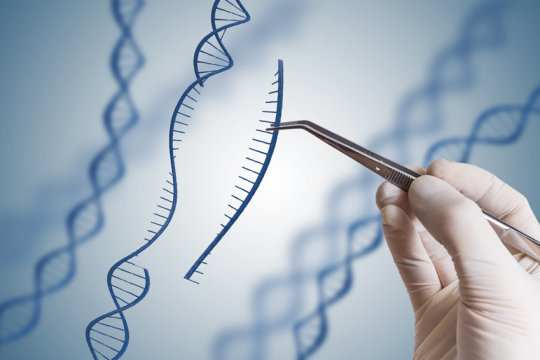
Breaking News
 Israeli Prime Minister, Netanyahu will meet with Trump on Wednesday and deliver instructions...
Israeli Prime Minister, Netanyahu will meet with Trump on Wednesday and deliver instructions...
 Elon Musk Offers To Cover Legal Bills Of Epstein Survivors Who Identify New Names
Elon Musk Offers To Cover Legal Bills Of Epstein Survivors Who Identify New Names
 Red Alert Emergency Broadcast! Tune In NOW As Alex Jones Analyzes The Insane Revelations...
Red Alert Emergency Broadcast! Tune In NOW As Alex Jones Analyzes The Insane Revelations...
 330 gallons of sulphuric acid was purchased for Epstein Island on the day the FBI opened...
330 gallons of sulphuric acid was purchased for Epstein Island on the day the FBI opened...
Top Tech News
 Drone-launching underwater drone hitches a ride on ship and sub hulls
Drone-launching underwater drone hitches a ride on ship and sub hulls
 Humanoid Robots Get "Brains" As Dual-Use Fears Mount
Humanoid Robots Get "Brains" As Dual-Use Fears Mount
 SpaceX Authorized to Increase High Speed Internet Download Speeds 5X Through 2026
SpaceX Authorized to Increase High Speed Internet Download Speeds 5X Through 2026
 Space AI is the Key to the Technological Singularity
Space AI is the Key to the Technological Singularity
 Velocitor X-1 eVTOL could be beating the traffic in just a year
Velocitor X-1 eVTOL could be beating the traffic in just a year
 Starlink smasher? China claims world's best high-powered microwave weapon
Starlink smasher? China claims world's best high-powered microwave weapon
 Wood scraps turn 'useless' desert sand into concrete
Wood scraps turn 'useless' desert sand into concrete
 Let's Do a Detailed Review of Zorin -- Is This Good for Ex-Windows Users?
Let's Do a Detailed Review of Zorin -- Is This Good for Ex-Windows Users?
 The World's First Sodium-Ion Battery EV Is A Winter Range Monster
The World's First Sodium-Ion Battery EV Is A Winter Range Monster
 China's CATL 5C Battery Breakthrough will Make Most Combustion Engine Vehicles OBSOLETE
China's CATL 5C Battery Breakthrough will Make Most Combustion Engine Vehicles OBSOLETE
CRISPR-Cas9 technique targeting epigenetics reverses disease in mice

Much of the enthusiasm around gene-editing techniques, particularly the CRISPR-Cas9 technology, centers on the ability to insert or remove genes or to repair disease-causing mutations. A major concern of the CRISPR-Cas9 approach, in which the double-stranded DNA molecule is cut, is how the cell responds to that cut and how it is repaired. With some frequency, this technique leaves new mutations in its wake with uncertain side effects.
In a paper appearing in the journal Cell on December 7, scientists at the Salk Institute report a modified CRISPR-Cas9 technique that alters the activity, rather than the underlying sequence, of disease-associated genes. The researchers demonstrate that this technique can be used in mice to treat several different diseases.
"Cutting DNA opens the door to introducing new mutations," says senior author Juan Carlos Izpisua Belmonte of the Salk Institute for Biological Studies whose laboratory developed the new technique. "That is something that is going to stay with us with CRISPR or any other tool we develop that cuts DNA. It is a major bottleneck in the field of genetics -- the possibility that the cell, after the DNA is cut, may introduce harmful mistakes."



